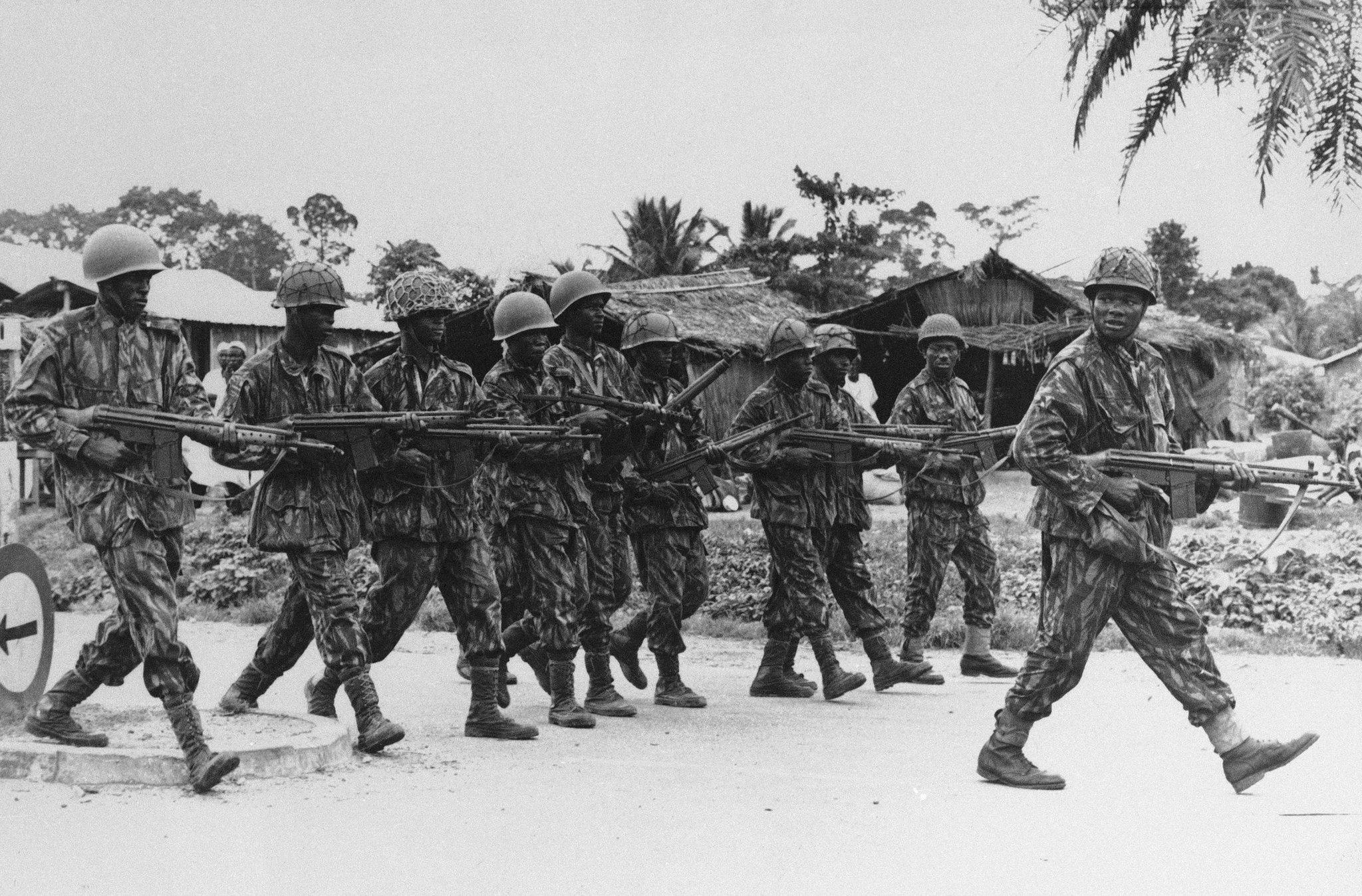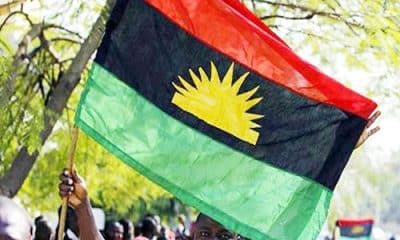Nigeria News
10 Things You Should Know About Nigeria’s Civil War

The Nigerian Civil War, also known as the Biafran War, was a civil war in Nigeria fought between the government of Nigeria and the secessionist state of Biafra from 6 July 1967 to 15 January 1970.
In this article, as Nigeria celebrates the 2021 Armed Forces Remembrance Day, Naija News lists ten things you should know about the civil war.
1. The Nigerian civil war otherwise known as the Biafran war was fought from 1967 to 1970 and between the forces of the Federal Republic of Nigeria and the forces of Biafra which seceded from Nigeria.
2. General Yakubu Gowon was Nigeria’s Head of State while the late Lt. Colonel Odumegwu Ojukwu was the leader of Biafra after serving as the military governor of the Eastern Region of Nigeria in 1966.
3. The war began on July 6, 1967, with the Nigerian forces advancing to reclaim the Eastern Region by then was already identifying itself as Biafra.
4. The civil war resulted from ethnic, economic, religious and political tensions that forced the Igbo ethnic group, a majority tribe in the Eastern Region, to announce secession from Nigeria.
5. The Biafran forces also launched an offensive against Nigeria but were stopped at Ore in Ondo State where they suffered a major loss.
6. An anti-Igbo violent riot in Northern Nigeria was followed by a military coup and a counter military coup leading to the secession of the Eastern Region.
7. The foreign players in the civil war included China, the then Soviet Union, Israel, France, Egypt, Canada, and the United States.
8. Biafra surrendered on January 15, 1970, and was reintegrated into the Federal Republic of Nigeria.
9. After the war ended, General Gowon described it as one with “no victor and no vanquished”, a rhetorical aimed at healing wounds.
10. The region which was identified as the Eastern Region of Nigeria before becoming Biafra has since been split into two – the South-East and the South-South.












